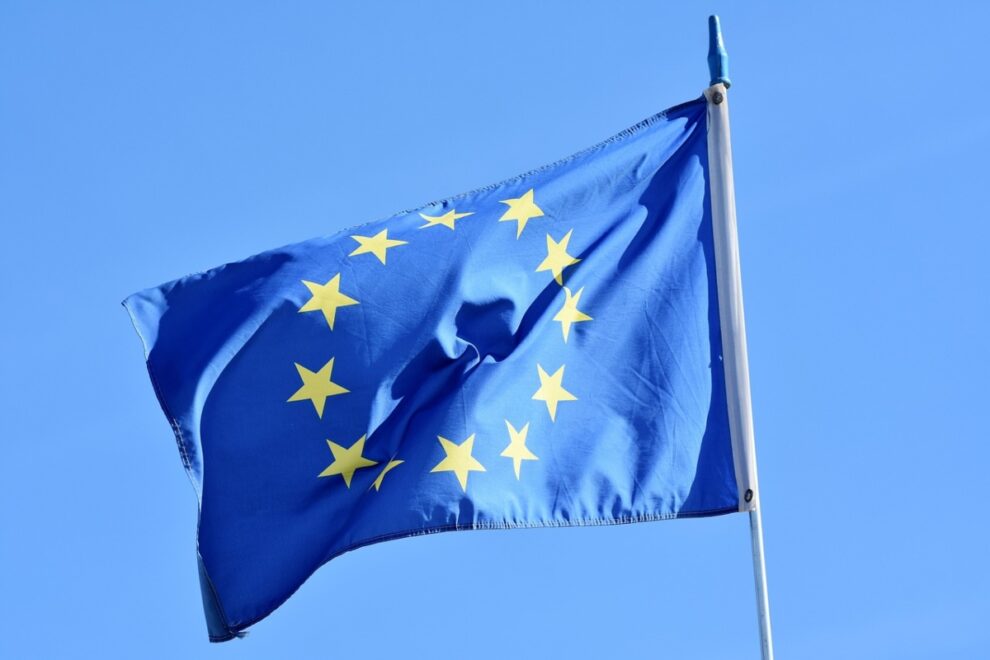The European Parliament has voted to back a motion calling for those paying for prostitution to face criminal prosecution.
The motion is non-binding, but comes at a time when several EU member states are reconsidering their laws on prostitution, which vary wildly around the bloc.
It urges EU countries to make it a crime to “solicit, accept or obtain a sexual act from a person in exchange for remuneration, the promise of remuneration, the provision of a benefit in kind or the promise of such a benefit”.
The motion generated fierce debate and was only passed by 234 votes to 175, with all the main party groupings of right and left split on the issue and MEPs voting as they wished.
Some EU countries such as Croatia and Lithuania ban prostitution and have criminal penalties for sex workers. Some – notably Germany, Austria and the Netherlands – have legalised and regulated it.
Some others – including Sweden, France and Ireland – have sought to switch the criminal responsibility for sex work onto the clients in the transaction.
It is this course that the MEPs voted to back.
German socialist MEP Maria Noichl, who steered the motion through parliament, said it gave voice to people “who have traditionally been overlooked, marginalised and stigmatised in our societies.
“And it highlights the way forward: create exit programmes and alternatives, eradicate poverty and social exclusion, dismantle stereotypes and inequalities, and reduce demand by tackling the buyers.”
But other MEPs, including Dutch liberal Sophie in ‘t Veld, were unconvinced.
“Very sad that a majority … voted a resolution that was purely ideology driven, ignoring all evidence and the opinion of the people concerned,” she posted on social media.
“It will do nothing to protect the rights and safety of sex workers.”
In support of her case, In ‘t Veld shared a statement from the International Planned Parenthood Federation one of a coalition of 13 rights groups opposed to the criminalisation of any part of sex work.
The groups, which include Amnesty International and Human Rights Watch, had urged parliament to reject the report underpinning today’s motion.
The group argues criminalisation “does not protect the rights of women and others engaged in sex work for manifold reasons, and does not help address the very serious issue of human trafficking and forced labour”.
It calls for sex workers’ human rights to be respected and for them to be involved in decision-making about their industry, warning that punishing clients will force abuses and danger under society’s radar.
The European Court of Human Rights has agreed to study a suit lodged by 260 sex workers against France’s 2016 law criminalising clients. It is due to rule on the case in the coming months.
